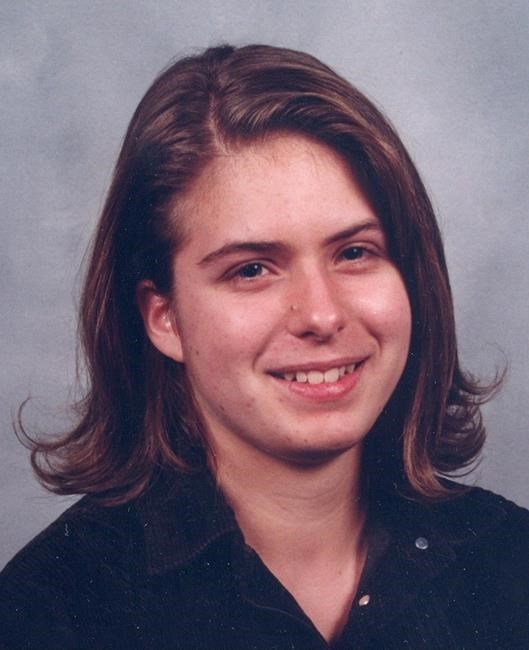MONTREAL — A Quebec man charged with the sexual assault and murder of a 19-year-old junior college student nearly 24 years ago was tracked down with the help of a project that matches DNA with male surnames, the Crown said Tuesday in court.
Prosecutor Pierre-Alexandre Bernard began presenting his case against Marc-André Grenon, who is charged with the first-degree murder and aggravated sexual assault of Guylaine Potvin. Potvin was found dead in April 2000 in her apartment in Jonquière, Que., some 215 kilometres north of Quebec City.
While male DNA was discovered at the crime scene, there was no match in the police database and no witnesses to the crime, Bernard told the 14-member jury. He says the suspect was arrested more than 20 years later, after a project tracking Y chromosomes — which are passed down from father to son — first suggested the DNA might be connected to the last name Grenon.
"It’s toward science that we turned to find the answer to the question," he said. "Sometimes science allows us to see where man is blind.”
Bernard said that part of his role in prosecuting the case will be to "demystify" some of the new DNA techniques — in combination with more traditional police work — that are increasingly being used to solve cold cases.
In the Potvin case, investigators tapped into "projet patronyme," a database of DNA samples linked to surnames run by Quebec's forensics laboratory.
Bernard says police arrested Grenon in 2022 after DNA on two drinking straws he had discarded were found to be a match with the evidence from the crime scene. That match was confirmed when investigators obtained a warrant for a second DNA test after Grenon's arrest.
Superior Court Justice François Huot is presiding over the trial at the Chicoutimi courthouse, which is expected to last five weeks. Grenon has pleaded not guilty to the charges.
The trial heard Tuesday from a friend of Potvin's who was among the last to see her alive and the first to discover her body. Audrey St-Pierre told the court she and Potvin had been together on the evening of April 27, 2000, when they chatted until about 9:30 p.m. and prepared for a school project for the next day.
St-Pierre said she became worried early the next morning when her friend didn't answer the phone. She said she went to the apartment, where she discovered her friend's body on the bed, undressed and looking "blue."
The witness said that while her friend had two roommates, neither had been there the night of the murder. When asked about the suspect, she said she had never met Grenon or seen him with Potvin.
Later Tuesday, another friend and classmate, Myriam Blais, said that she arrived at Potvin's apartment after St-Pierre phoned her to come. Blais testified she called to Potvin from outside her bedroom door and then went in to try to speak to her. She found her lifeless in bed.
"She wasn’t responding. She was blue. We didn’t think she was breathing,” Blais said. They called 911 from the phone in the apartment, and the operator told them to wait outside.
André Bilodeau, a first responder, told court he and a partner were sent to the apartment where two women said to him their friend was unresponsive.
Bilodeau, a paramedic with 27 years of experience, said his partner found Potvin to be in cardiorespiratory arrest and shortly after told him there was nothing to be done. Bilodeau said his partner discovered a belt near Potvin's neck. Not long afterwards, police officers showed up and declared the room a crime scene and ordered the ambulance technicians out.
This report by The Canadian Press was first published Jan. 16, 2024.
— With files from Sidhartha Banerjee
Morgan Lowrie, The Canadian Press



